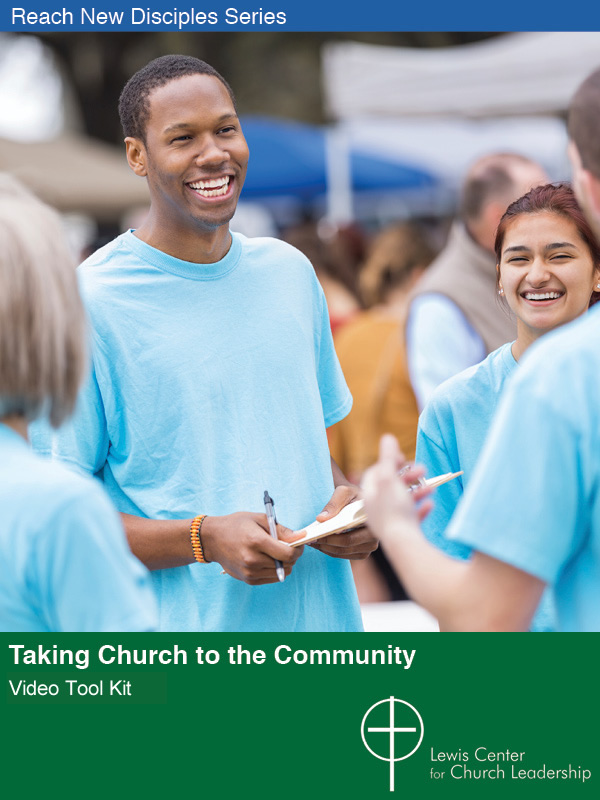Many churches are interested in developing programs for young adults to help their congregations grow. However, there is another equally compelling reason for churches to focus on young adults — the critical needs of the early young adult population. In recent years, our society has appropriately focused on the needs of teenagers. But current trends suggest that some of the same problems we used to worry about for teenagers are now in crisis mode for young adults.
The violence at Virginia Tech last April calls attention to the challenges faced by an often overlooked age group. While the 1999 Columbine High School shootings were carried out by two teenagers, the Virginia Tech rampage was perpetrated by a 23-year-old college student. These parallel tragedies symbolize what many in the research community see — that some of the concerns we have associated with the teenage years have shifted to a slightly older population of vulnerable young adults.
Our society has appropriately focused on the needs of teenagers. But current trends suggest that some of the same problems we used to worry about for teenagers are now in crisis mode for young adults.
Social researchers have recently pointed out that teens are getting into less “trouble” than they used to. According to the Foundation for Child Development’s national Child Well-Being Index (CWI), violent crime involvement, teen pregnancy, and cigarette, alcohol and drug use among teenagers have fallen over the past generation. As a result, the CWI’s “safety and behavioral” indicator was 36 percent higher for teenagers in 2005 than in 1975.
Dr. Ken Land of Duke University says that part of this improvement can be explained by increased protectiveness by parents who shield their children from risks. Many have kept their children away from the dangers of unsupervised activity through schedules and indoor programming. According to Dr. Land, this tendency has contributed to the epidemic of overweight children, but has kept them out of some trouble. However, we must question how we protect and prepare young adults to deal with dangers they will face when parents and home churches are no longer there to help on a daily basis.
While teen pregnancy rates have fallen by 31 percent since 1991, there is a silent epidemic of unwanted pregnancies among Americans aged 20-24. According to Kelleen Kaye of the New America Foundation, “Childbearing by singles has grown by over one-quarter since 1990, and young adults account for roughly 60 percent of this increase. Births to young, single adults surpass even the ‘epidemic’ levels of teen childbearing, with 550,000 births annually.” And while drug and alcohol use among teens overall has declined, binge drinking among college students puts vulnerable young adults at risk, and many young adults go through college unprepared for the behavioral challenges and pressures placed on them.
Churches must continue to invest in the well being of our children, including teenagers. Yet young adults must not be forgotten. There are concrete steps that churches can take to make a difference for this age group.
Seeing young adult ministry as a mission area. Too often young adult ministry is seen only as a field of evangelism. Every mainline Protestant church I know is asking, “How can we attract more young people?” to help address declining membership. This focus misses what research is revealing — that young adult ministry is a mission field. Churches that look to support and meet the needs of young adults will be providing an important social function — and are more likely to bolster attendance.
Staying connected with young adults. Many early young adults do not easily find a church home in college, graduate school, or during their early transient years. Churches should follow up with their college-age students when they leave for school. One Presbyterian church in Ohio sends food and letters to its college students to let them know they are praying for them, and another holds a weekend get-away each year for its young adults who are back for the summer.
Investing in campus ministry. Campus ministers are often on the front line of identifying needs and connecting young adults with help before a crisis occurs. I know from my own experience with loss as a college student how valuable campus ministry can be to young people at critical times. Campus ministers at and near Virginia Tech responded admirably to the needs of students during that tragedy. At a time when support for campus ministry at a national church level is being cut, those who minister to young adults on campuses depend on their local churches even more to keep their ministries going. Chances are that your church is not far from some college or vocational school or graduate community that needs your support.
Jesus said that if we make the tree good then the fruit will be good. By investing in programs that serve the needs of young adults, churches can extend branches of care that connect young adults to their faith roots in ways that can bear good fruit at a critical time.
This material is adapted from an article that originally appeared in Presbyterian Outlook, October 2007. Used by permission.







